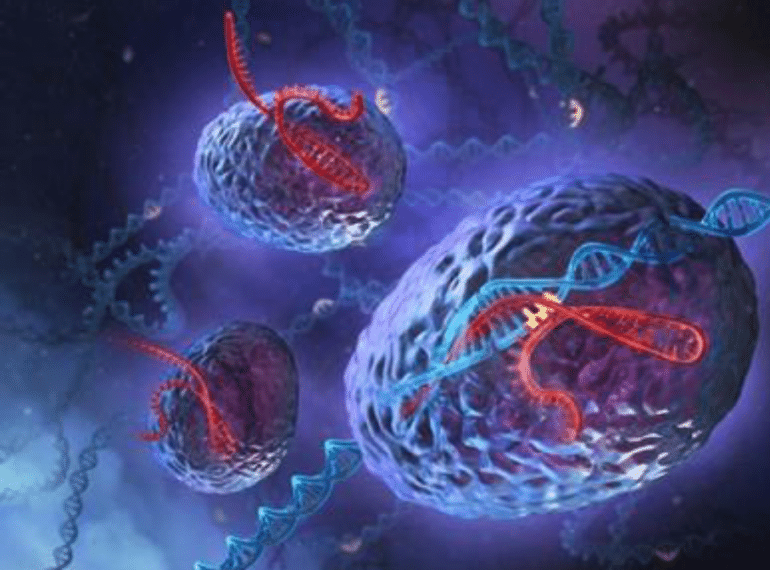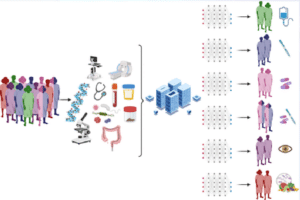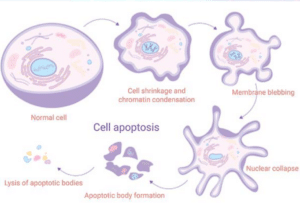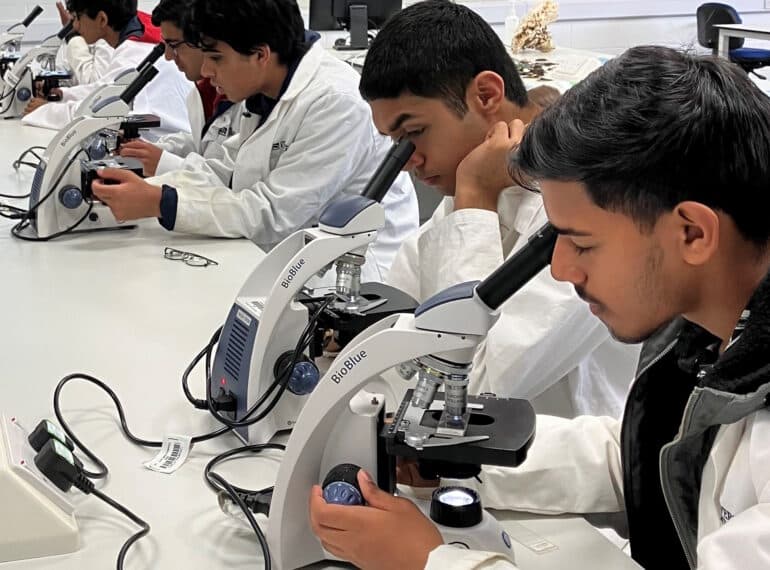
Sixth-former Tanush Gupta has won first prize in a prestigious European competition for his video on genetic diversity.
 His name was announced in front of more than 5,000 international scientists and doctors at the European Human Genetics Conference in Milan.
His name was announced in front of more than 5,000 international scientists and doctors at the European Human Genetics Conference in Milan.
The prize from the European Society of Human Genetics (ESHG) in its 17th annual European DNA Day Video Contest, includes €400 for Tanush and €1,000 for the School.
Head of Biology Gillian Ridge said: “This is really quite a considerable achievement: Tanush’s video was meticulously put together and he worked on it independently. Many congratulations to him on this success.”
Pupils from 26 European countries submitted 31 videos in video contest and 298 essays in the parallel essay competition this year.
 The task set for the entrants was: Please, discuss the importance of understanding genetic diversity for health and disease. Support your example with specific DNA variants and genes.
The task set for the entrants was: Please, discuss the importance of understanding genetic diversity for health and disease. Support your example with specific DNA variants and genes.
Tanush submitted a five-minute video entitled Genes Across the Globe: Why Genetic Diversity Matters that was amply illustrated throughout with colour drawings and simple animations.
In the video he highlights the current focus of genetic medical research being on European populations, with deleterious consequences for people of other ethnicities: “If genetic research is not inclusive, certain populations suffer from undetected risks and ineffective medical interventions,” he says.
Tanush concludes: “Genetics isn’t just about understanding the past, it’s about shaping the future of medicine. The more inclusive our research, the better our ability to predict, prevent, and treat diseases for everyone.
 “So next time you hear about a groundbreaking genetic discovery, ask yourself: ‘Who does this benefit, and who’s being left behind?’ Because science should serve all of humanity, not just a select few.”
“So next time you hear about a groundbreaking genetic discovery, ask yourself: ‘Who does this benefit, and who’s being left behind?’ Because science should serve all of humanity, not just a select few.”
The entries were evaluated by 45 experts in the field, who selected three winners in each category, while also awarding 11 honourable mentions over both competition categories.
In their prize citation, DNA Day Co-ordinator Dr Christophe Cordier, ESHG President Professor William Newman and ESHG Education Committee Chair Professor Inga Prokopenko told Tanush: “Your video…has impressed the members of the jury based on its originality, its scientific content, and the fact that you expressed so clearly the benefits and consequences for science and society.
“We do hope that your interest in genetics and DNA will continue to grow over the years and that you will continue to follow the developments in the field, which promise to become more and more spectacular.”
- You can watch Tanush’s video here.



 Human cell-mapping was, he said, a topic “completely alien” to him, but he soon got to grips with it, deriving “great satisfaction” as he learned the subject matter by initially “mind-mapping almost random information” and then quickly forming links to join up this information.
Human cell-mapping was, he said, a topic “completely alien” to him, but he soon got to grips with it, deriving “great satisfaction” as he learned the subject matter by initially “mind-mapping almost random information” and then quickly forming links to join up this information.
 Featuring articles by six of QE’s senior biologists, Bioquest looks in detail at medical topics, from the effects of ingesting microplastics to HIV immunity, while also examining ethical issues.
Featuring articles by six of QE’s senior biologists, Bioquest looks in detail at medical topics, from the effects of ingesting microplastics to HIV immunity, while also examining ethical issues. Dharm is in Year 12. All the other authors are in Year 13.
Dharm is in Year 12. All the other authors are in Year 13. The boys’ articles all include a bibliography, while several also feature a glossary and ‘synoptic links’ (showing how the material covered relates to the GCSE and A-level syllabuses).
The boys’ articles all include a bibliography, while several also feature a glossary and ‘synoptic links’ (showing how the material covered relates to the GCSE and A-level syllabuses).
 The result was a summer trip by 25 senior pupils, who learned about the ground-breaking research at the University of Derby laboratory that aims to save the world’s coral reefs from extinction.
The result was a summer trip by 25 senior pupils, who learned about the ground-breaking research at the University of Derby laboratory that aims to save the world’s coral reefs from extinction. “The scientists at the Coral Spawning Laboratory are engaged in ground-breaking research with the aim of saving reefs from extinction, specifically in relation to the threats of ocean acidification and warming caused by human-induced changes to the carbon cycle and global warming.
“The scientists at the Coral Spawning Laboratory are engaged in ground-breaking research with the aim of saving reefs from extinction, specifically in relation to the threats of ocean acidification and warming caused by human-induced changes to the carbon cycle and global warming. The 25 participating students were drawn mainly from the current Year 13, but also from Years 11 and 12. They were accompanied by Mrs Macdonald, a Geography teacher in addition to her role as Deputy Head (Academic), and by Gillian Ridge, who is Head of Biology.
The 25 participating students were drawn mainly from the current Year 13, but also from Years 11 and 12. They were accompanied by Mrs Macdonald, a Geography teacher in addition to her role as Deputy Head (Academic), and by Gillian Ridge, who is Head of Biology. The boys enjoyed a tour of the laboratory, during which they had the opportunity to see the coral-spawning tanks and the new seagrass facility, where scientists recently succeeded in getting seagrass to flower and seed in laboratory conditions.
The boys enjoyed a tour of the laboratory, during which they had the opportunity to see the coral-spawning tanks and the new seagrass facility, where scientists recently succeeded in getting seagrass to flower and seed in laboratory conditions.
 He beat more than 400 entrants – and 11 other finalists – to triumph in the Gresham Oracy Competition run by Gresham College, London’s oldest higher education institute.
He beat more than 400 entrants – and 11 other finalists – to triumph in the Gresham Oracy Competition run by Gresham College, London’s oldest higher education institute. He began his presentation with the poetic account of human origins in the book of Genesis – “And so God created mankind in his own image, in the image of God he created them, male and female he created them,” continuing “And yet science endeavours to go one step further, to defy imperfection, to alleviate prodigious amounts of suffering, and to alter the very make-up of you and me.”
He began his presentation with the poetic account of human origins in the book of Genesis – “And so God created mankind in his own image, in the image of God he created them, male and female he created them,” continuing “And yet science endeavours to go one step further, to defy imperfection, to alleviate prodigious amounts of suffering, and to alter the very make-up of you and me.”